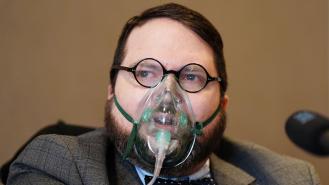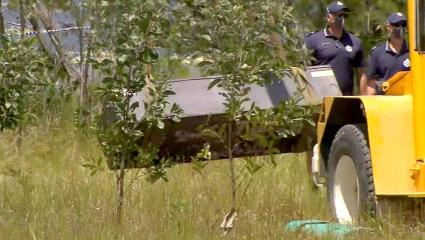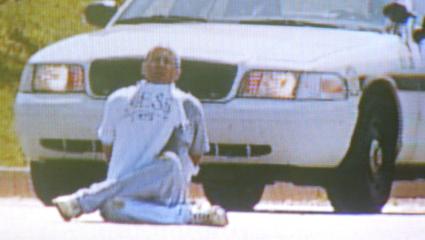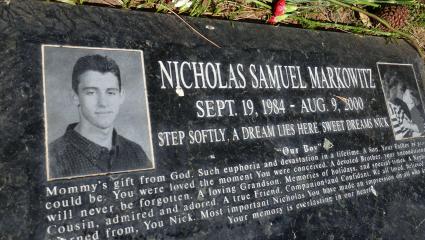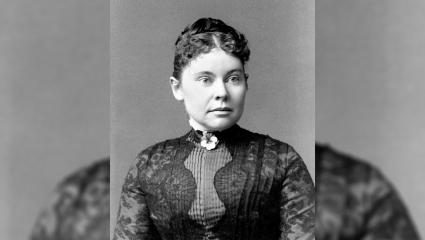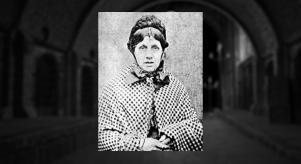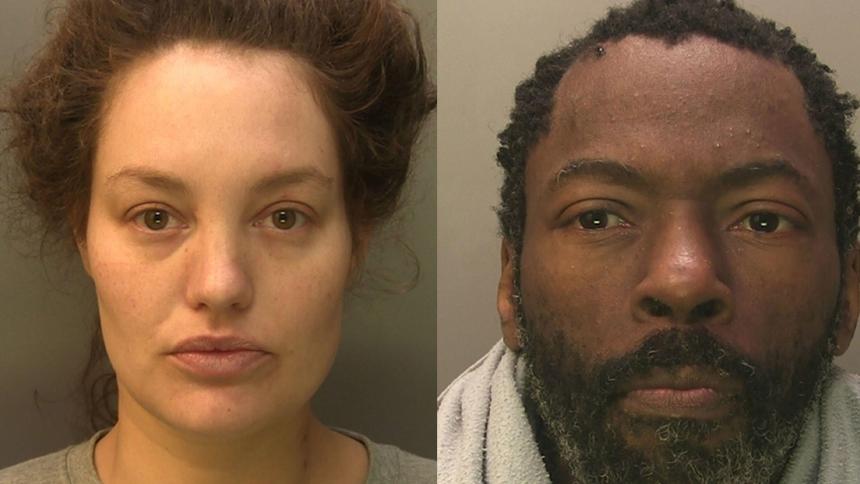
The shocking manhunt for Constance Marten and Mark Gordon
On a bitterly cold January evening in 2023, firefighters called to a burned-out Peugeot near Bolton made a discovery that changed the stakes. Inside were signs a baby had been born very recently. Police now feared not just a suspicious fire but a missing newborn. Join us at Crime+Investigation as we relive the nationwide search that followed.
The vanishing parents
Police traced the burned-out car to aristocratic-born British woman Constance Marten and her partner, Mark Gordon, a convicted sex offender who previously served time in the United States. In the back seat officers found a placenta wrapped in a towel. That single discovery turned a car fire into a race to find two adults and a newborn.
As police started to investigate, a timeline emerged. The couple had apparently asked a passing motorist to take them and their baby, to the closest services. Using taxis, they then travelled to Liverpool, Essex, London and finally Brighton. CCTV sightings and cab receipts stitched together their route as detectives tried to keep pace.
The search gathers pace
Officers from the Metropolitan Police and the National Crime Agency fanned out, backed by drones, dog teams and helicopters. Public appeals went out again and again: be on the lookout for a newborn, possibly only days old. When the couple were finally seen and arrested in Brighton on 27th February, they were on their own. The question everyone feared, 'where is the baby?', was now all that mattered.
A search area of roughly 90 square miles was scoured by more than 200 officers in fields, woodland, allotments and scrub. Officers pressed outward in rings from the arrest site, conducting fingertip searches as well as using thermal imaging and dog units. The scale reflected the stakes: a newborn somewhere outdoors in winter.
A grim discovery
A few days later, officers searching an overgrown allotment site on the northern edge of the city found what they had feared. In a disused shed, among rubbish and camping kit, police opened a Lidl carrier bag and discovered the body of a baby girl. In court her parents revealed she was named Victoria. The post-mortem could not identify a single cause of death. Prosecutors later argued that smothering or exposure were most likely.
What the investigation established
After the car fire on 5th January, the family had moved south by a chain of taxis and short stays, sleeping rough at times and later in a small blue tent on the South Downs in freezing conditions. Witnesses described the baby bundled beneath Marten’s coat. By the time the couple were arrested in late February, detectives believed Victoria had been dead for several weeks.
In a report published by The Telegraph, Marten and Gordon were charged with 'concealing the birth of a child, cruelty to a person under 16, causing or allowing the death of a child, manslaughter by gross negligence and perverting the course of justice.'
Two trials
The first trial at the Old Bailey began in January 2024. After hearing months of evidence (including CCTV footage, taxi records, receipts for outdoor kit and medical warnings about safe sleep) the jury couldn’t agree. In June, the judge discharged them without reaching manslaughter verdicts.
Reporting restrictions were then lifted to reveal that the pair had been found guilty on counts of child cruelty, concealing the birth and perverting the course of justice, but not on the other charges. A retrial on manslaughter was ordered for 2025.
In July 2025, a second jury convicted Marten and Gordon of gross negligence manslaughter. The Crown Prosecution Service said the pair chose to live off-grid with a newborn in midwinter, ignored repeated warnings and turned down help that could have saved their child’s life. In September 2025 they were both sentenced to 14 years in prison.
Why they ran
At trial, the defence said the couple fled because they believed authorities would remove their child, as had happened with their four previous children. Marten told jurors she had fallen asleep with the baby tucked inside her coat and woke to find her unresponsive. She described it as a 'horrible accident'.
The prosecution case was simpler: whatever the exact mechanism of death, the risk was obvious and avoidable. Their choices (no medical care, makeshift shelter and concealment afterwards) met the legal threshold for gross negligence. The jury agreed.
What the case leaves behind
This case will be noted for the weeks-long manhunt and the forensic work that mapped the couple’s movements across England. And of course, for a search that ended in a recovery. It also underlines a simple point: newborns are most vulnerable in their first weeks. Warmth, safe sleep and basic medical care are essential, and refusing support can be fatal.
Enjoyed this article? Subscribe to Crime+Investigation newsletter and get more true crime stories like this, curated just for you.
